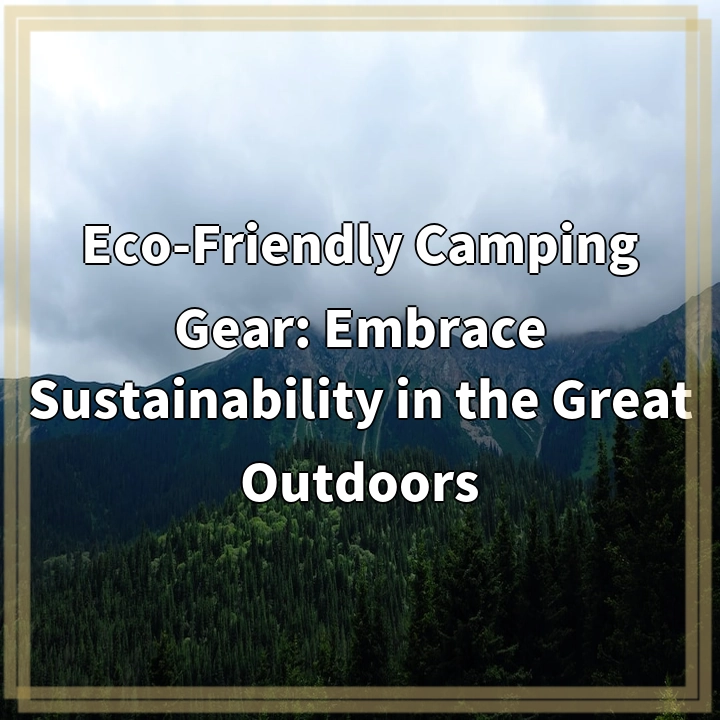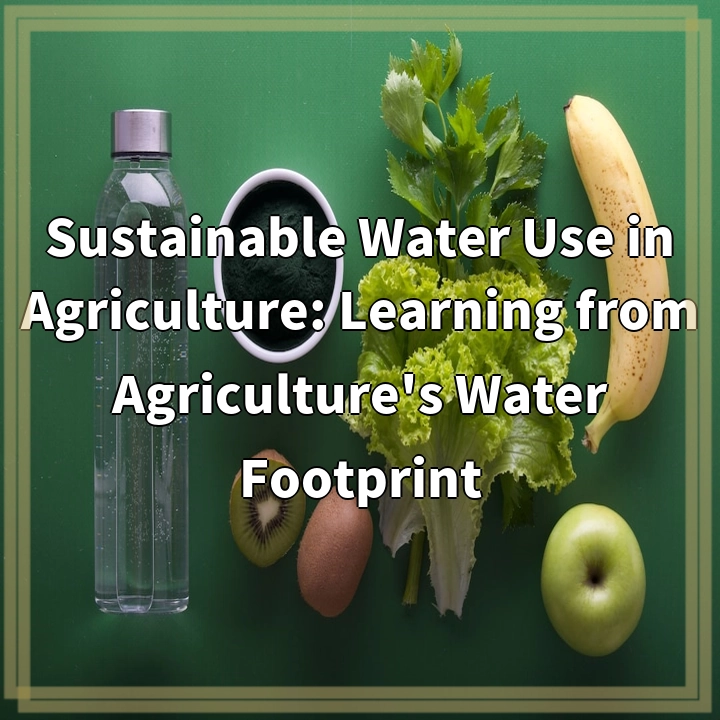
What is Eco-Friendly Camping Gear?
Eco-friendly camping gear refers to equipment and accessories designed to minimize the negative environmental impact of camping activities. It involves choosing products that are made from sustainable materials, are energy-efficient, and reduce waste. Eco-friendly camping gear aims to promote responsible and sustainable outdoor experiences that have a minimal ecological footprint.
Real-World Problems
Eco-friendly camping gear addresses several key environmental and sustainability issues associated with traditional camping practices. These problems include:
1. Waste Generation and Disposal
Traditional camping gear often includes single-use items, such as disposable plates, cutlery, and plastic packaging. These items contribute to the generation of waste that can harm natural ecosystems and wildlife. When improperly disposed of, they can pollute water bodies and take hundreds of years to decompose.
2. Energy Consumption
Many camping activities require the use of energy, which is typically sourced from fossil fuels. Traditional camping gear, such as gas-powered stoves and lanterns, contribute to carbon emissions and air pollution. This contradicts the goal of enjoying nature while minimizing our impact on it.
3. Deforestation and Habitat Destruction
The production of camping gear often involves the use of non-renewable resources, such as wood and petroleum-based plastics. Harvesting these resources can lead to deforestation, habitat loss, and disturbance of delicate ecosystems. This threatens biodiversity and disrupts the natural balance of ecosystems.

Solutions for Eco-Friendly Camping Gear
Addressing the real-world problems associated with camping gear requires adopting eco-friendly solutions. Here are some ways to embrace sustainability in the great outdoors:
1. Choose Sustainable Materials
Select camping gear made from sustainable materials such as organic cotton, bamboo, recycled plastics, or biodegradable alternatives. This reduces the reliance on non-renewable resources and minimizes the environmental impact of production and disposal.
2. Opt for Reusable and Biodegradable Products
Replace single-use items with reusable alternatives like stainless steel cutlery, silicone food storage containers, and cloth napkins. Consider using biodegradable soap, shampoo, and cleaning products to minimize pollution when washing dishes or taking care of personal hygiene.
3. Prioritize Energy-Efficient Gear
Invest in energy-efficient camping gear such as solar-powered lanterns and stove systems. These technologies harness renewable energy sources, reducing carbon emissions while providing the necessary functionality for outdoor activities.
4. Practice Leave No Trace Principles
Follow Leave No Trace principles, which include packing out all trash, minimizing campfire impacts, respecting wildlife and keeping a distance, and leaving natural and cultural artifacts untouched. By practicing these principles, we can help preserve the beauty and integrity of natural environments.
5. Support Environmentally-Conscious Brands
Choose camping gear from companies that prioritize sustainability, eco-friendly practices, and ethical manufacturing. Look for certifications such as Fair Trade, Organic, or B Corp to ensure you are supporting brands that align with your environmental values.















